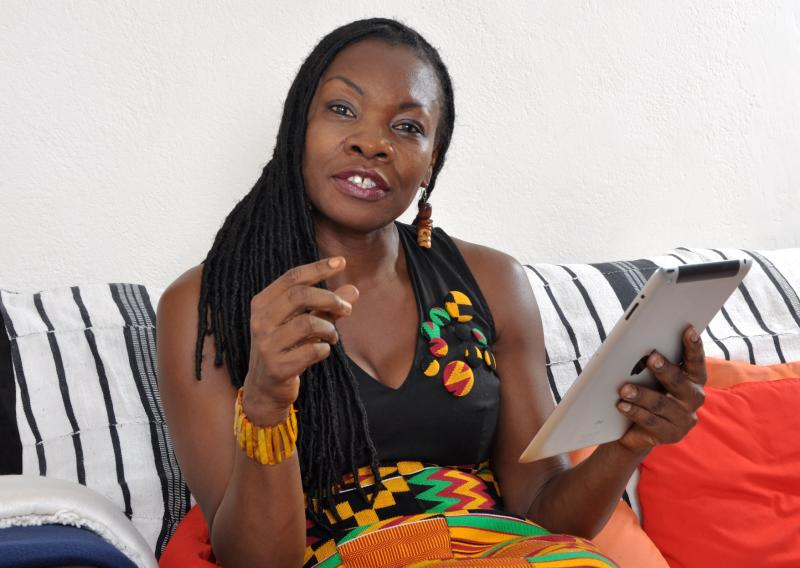
Before Covid-19 hit, most businesspeople and those in employment seemed anchored on solid ground. Business boomed as corporates looked forward to another fruitful year. The employed were just recovering from the Christmas and New Year’s binge. Their jobs assured, they hoped to work for a couple of months before hitting the beach – again – for the Easter holidays.
Then came Covid-19 and all such plans came a cropper. Surviving and taking care of one’s health have become key daily concerns. In the midst of this uncertainty however, many have learnt a number of vital lessons regarding financial management besides other key life lessons. What have you learnt?